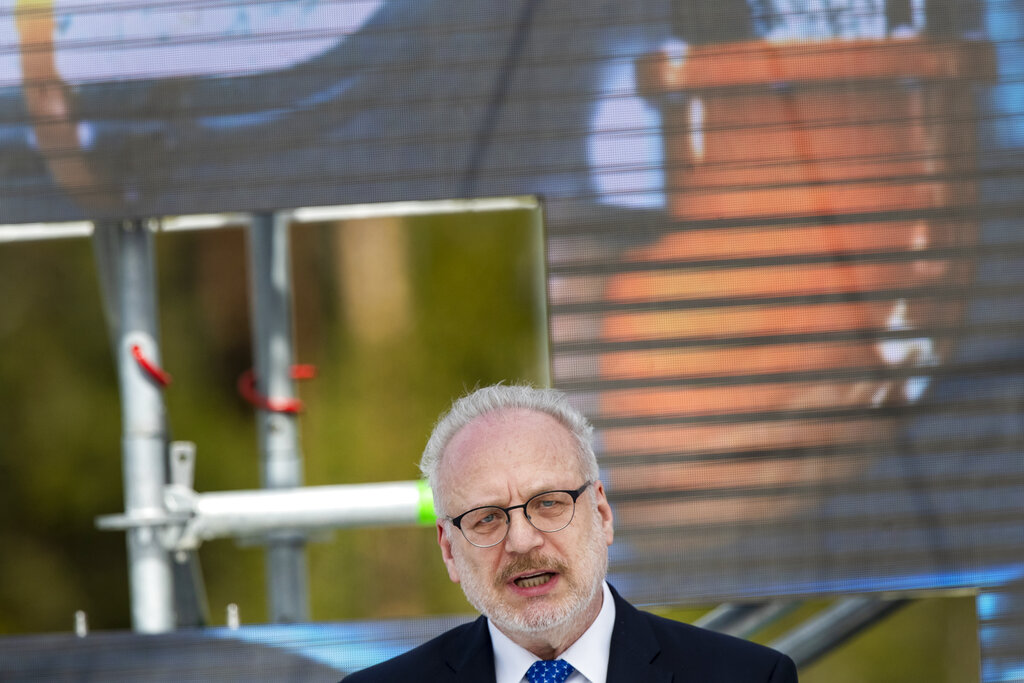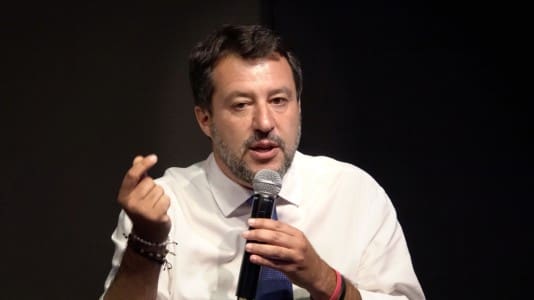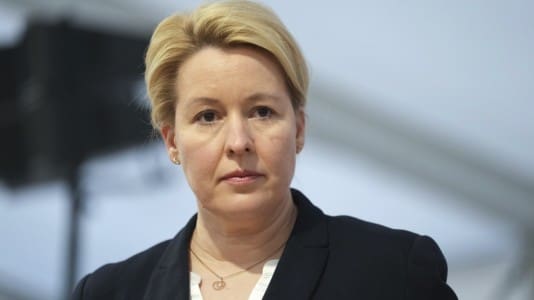The President of Latvia Egils Levits has revealed his support for the formation of a special tribunal to preside over alleged Russian war crimes during the country’s ongoing invasion of Ukraine.
Latvia recently joined Ukraine’s appeal to the International Court of Justice, and its president visited Kyiv in April alongside his Lithuanian, Estonian and Polish counterparts, during which Levits acknowledged that he had witnessed Russian war crimes.
He stressed that there is a discussion taking place over the creation of a special tribunal for Russia’s crimes in Ukraine, similar to the Tribunal for the former Yugoslavia. He evaluated that the two tribunals in The Hague — the International Court of Justice and the International Criminal Court — might not be enough to hold Russia accountable for military aggression against Ukraine.
Levits revealed that he supports the concept of creating a special tribunal for Russian crimes in Ukraine, as “the two functioning tribunals are not able to resolve the very issue of starting an aggressive war but are busy investigating war crimes in a conflict that has already been started.”
When asked about bringing Putin to court physically, Levits replied that it was important not to allow for a military anarchy. He argued that the main task of such tribunals should be to abide by international legal standards, regardless of whether the person in question can arrive to the defense table or not.
When asked about any proposed NATO expansion with Sweden and Finland, the Latvian premier said that he believed Turkey, who is currently voicing opposition to the move, could be persuaded and the entirety of the alliance would unanimously support NATO’s strengthening. According to Levits, the matter of Swedish and Finnish accession will be resolved by the time of the NATO summit in Madrid on July 30.
The president of Latvia also voiced strong support for the strengthening of the Eastern flank of NATO. During the Madrid summit, the question of NATO troops present on its eastern flank will also be discussed.
Levits noted that the countries of the Bucharest Nine (B9) including Poland and Latvia have a common view on this. “We (B9 countries) want to strengthen NATO presence in our region, to send a serious signal to Moscow that we are prepared to defend our territory, which means that any potential Russian attack is automatically destined to fail. That is why the strengthening of the eastern flank is necessary,” Levits stressed.
Lastly, The Latvian president argued that the latest decision to create four battle groups in Slovakia, Romania, Bulgaria and Hungary is already an improvement — they will join the current task-forces in Estonia, Latvia, Lithuania, and Poland.
“We also want an additional strengthening in the Baltic region and, at some point, achieve a larger permanent presence of NATO forces here. We will also discuss that during the summit in Madrid,” he concluded.





